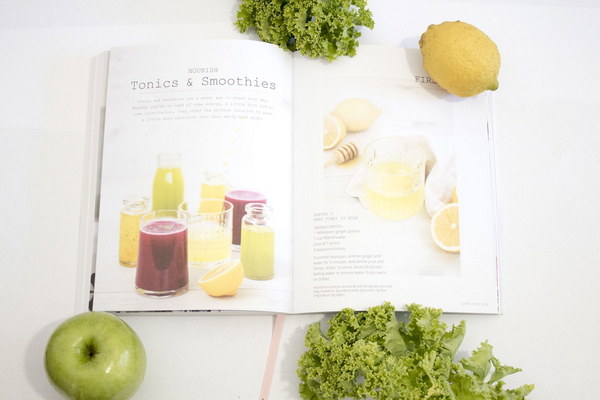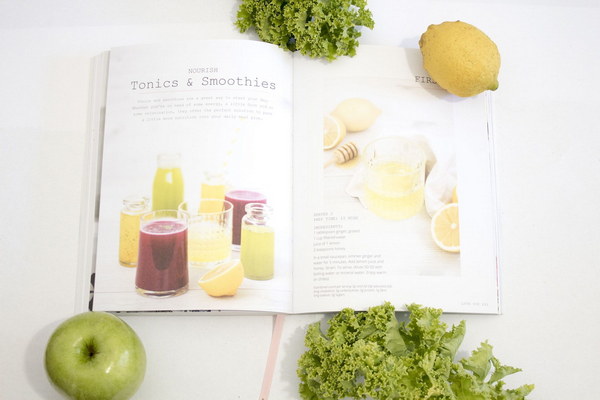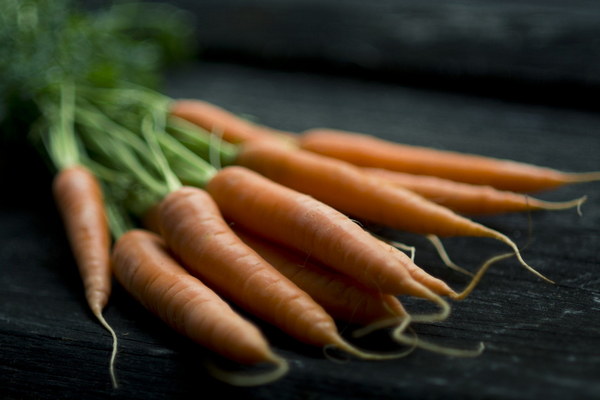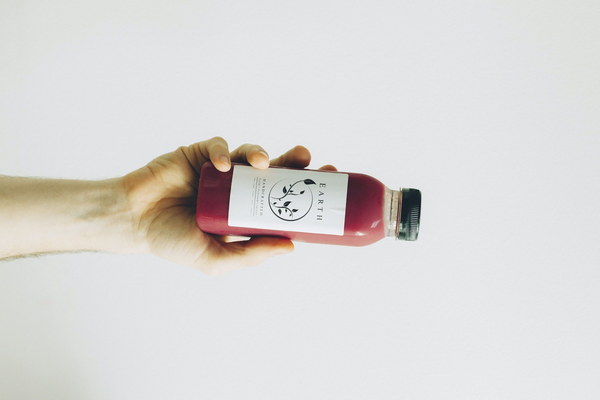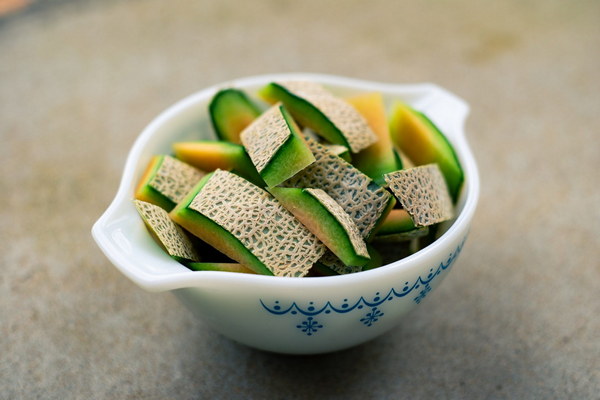Nourishing Your Lungs A Guide to Foods That Can Help Cleanse Your Respiratory System
Introduction:
In today's fast-paced world, it's easy to neglect our health, especially our respiratory system. The lungs are essential for breathing, and maintaining their health is crucial for overall well-being. While medication and medical treatments can help, incorporating certain foods into your diet can also play a significant role in cleansing and strengthening your lungs. In this article, we will explore a variety of foods that can help you achieve a healthier respiratory system.
1. Green Tea:
Green tea is a powerhouse of antioxidants that can help reduce inflammation and protect the lungs from oxidative stress. The polyphenols in green tea, particularly epigallocatechin gallate (EGCG), have been shown to inhibit the growth of cancer cells and may even help prevent lung cancer.
2. Garlic:
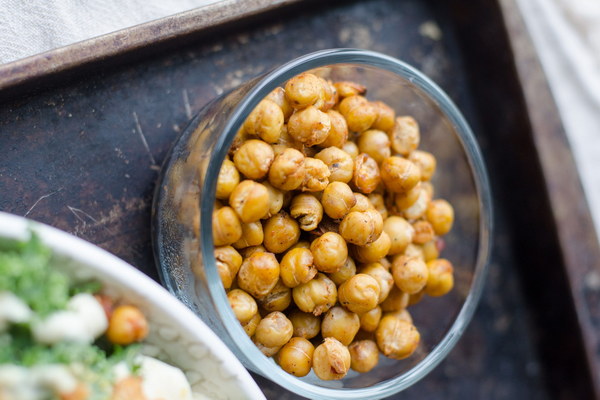
Garlic is known for its immune-boosting properties and has been used for centuries to treat respiratory conditions. It contains allicin, a compound that has antiviral, antibacterial, and antifungal properties. Garlic can help clear mucus and reduce inflammation in the lungs, making it an excellent food for those with chronic respiratory issues.
3. Onions:
Similar to garlic, onions contain allicin and other sulfur compounds that can help fight respiratory infections. Onions are also rich in quercetin, a flavonoid that has anti-inflammatory properties and may help reduce the severity of asthma attacks.
4. Broccoli:
Broccoli is a nutrient-dense vegetable that can help improve lung function. It contains sulforaphane, a compound that has been shown to reduce inflammation and protect against lung cancer. Broccoli is also a great source of vitamin C, which can enhance immune function and help clear mucus from the lungs.
5. Leafy Greens:
Leafy greens, such as spinach, kale, and collard greens, are high in vitamin C, vitamin E, and beta-carotene, all of which are essential for lung health. These nutrients can help protect the lungs from oxidative stress and reduce the risk of chronic obstructive pulmonary disease (COPD).
6. Avocado:
Avocado is rich in healthy fats, which can help reduce inflammation in the lungs. It also contains vitamin E, which has been shown to protect against lung damage caused by pollutants. The antioxidants in avocado can help reduce oxidative stress and improve lung function.
7. Berries:
Berries, such as blueberries, strawberries, and raspberries, are high in antioxidants that can help protect the lungs from oxidative stress and reduce the risk of lung cancer. These fruits also contain anthocyanins, which have anti-inflammatory properties and may help improve lung function.
8. Nuts and Seeds:
Nuts and seeds, such as almonds, walnuts, and chia seeds, are rich in omega-3 fatty acids, vitamin E, and selenium, all of which are beneficial for lung health. These nutrients can help reduce inflammation, protect against lung damage, and improve lung function.
9. Ginger:
Ginger has been used for centuries to treat respiratory issues, including coughs and colds. It contains compounds that can help reduce inflammation and thin mucus, making it easier to breathe. Ginger can also boost the immune system, which can help prevent respiratory infections.
10. Honey:
Honey has natural antibacterial and antiviral properties, making it an excellent choice for treating respiratory infections. It can help soothe sore throats and reduce coughing. Adding a teaspoon of honey to warm tea or mixing it with ginger can provide relief for respiratory symptoms.
Conclusion:
Incorporating these foods into your diet can help support lung health and improve respiratory function. While it's important to maintain a balanced diet and lead a healthy lifestyle, these foods can serve as a natural supplement to help cleanse and strengthen your lungs. Remember, always consult with a healthcare professional before making significant changes to your diet or treatment plan.

